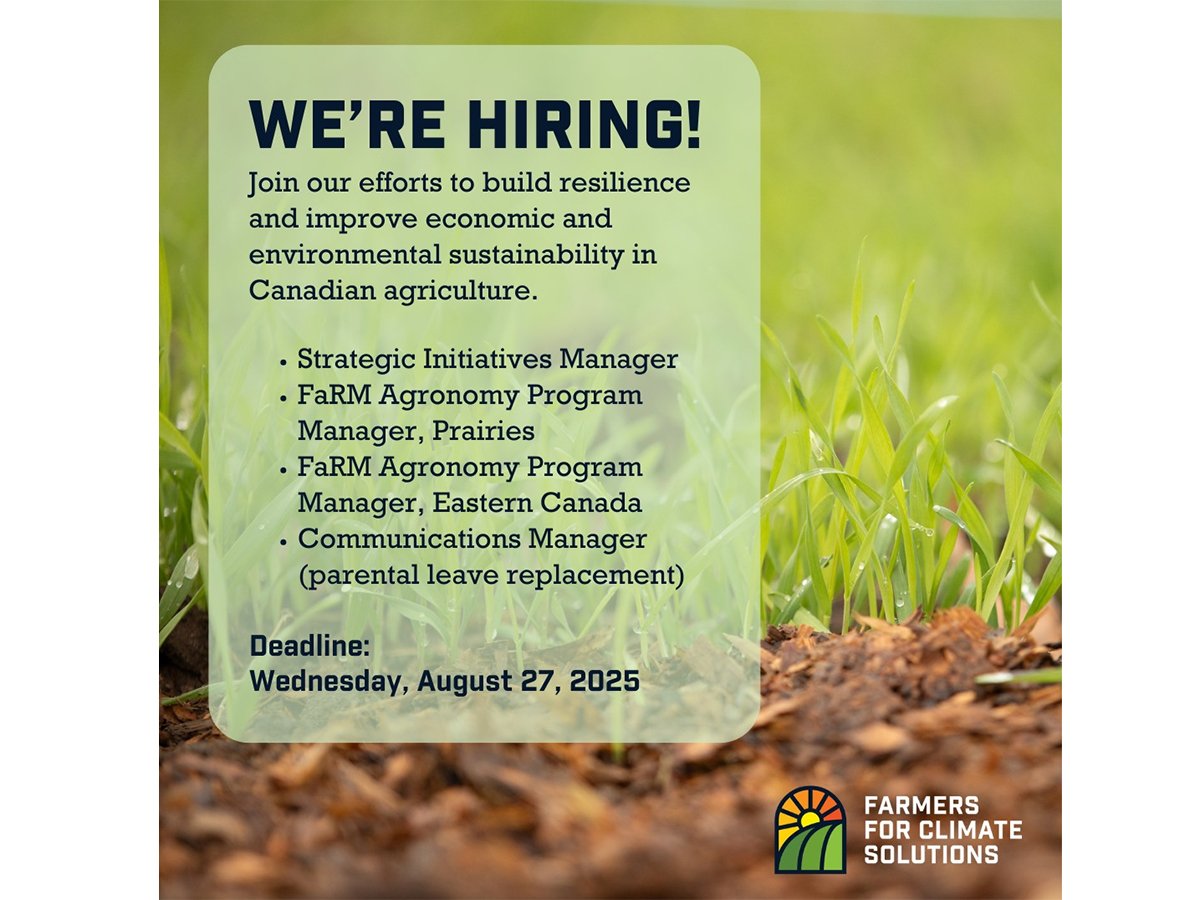Canada’s meat sector has proposed a solution for the labour shortage at meat processing plants, but the federal government is still reviewing the concept.
Canada began using a new system, called Express Entry, Jan. 1 to manage the immigrant application process.
Express Entry changes how candidates are selected within four immigration programs: the Federal Skilled Worker Program, Federal Skilled Trades Program, Canadian Experience Class and a portion of the Provincial Nominee Program.
The government has designated certain occupations as eligible for Express Entry because those jobs are in high demand in Canada.
Read Also

Environmental farm group has Ottawa’s attention
In 2021, Farmers for Climate Solutions published a report on how Canada should reduce emissions from agriculture. Not long after, the federal government implemented most of the recommendations in the report.
Retail butchers qualify for Express Entry but industrial butchers, who work at slaughter plants, do not.
Rory McAlpine, senior vice-president of government and industry relations for Maple Leaf Foods, said the distinction isn’t logical because industrial butchers perform the same tasks as retail butchers.
“Years ago most of the detailed and skilled cutting of meat occurred in a retail butcher shop,” he said. “That almost doesn’t happen at all any more.”
The final cutting to prepare ready to eat meat is now done primarily at a plant.
“To us, it’s kind of an anomaly that we’re recognizing retail butcher skills, but not the same … skills that are being used in a meat plant.”
Representatives of Canada’s meat industry have asked officials with Citizen and Immigration Canada to include industrial butchers in the Express Entry category.
McAlpine said the government hasn’t responded to the request.
“We have really no indication of any immediate change,” he said.
“There’s been no indication… that there’s going to be some accommodation for the agri-food industry.”















